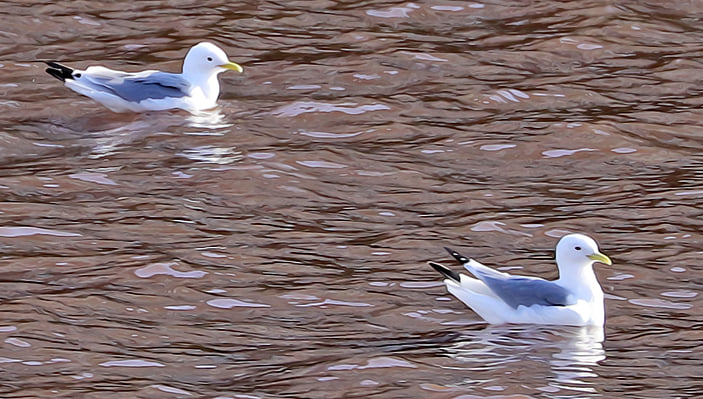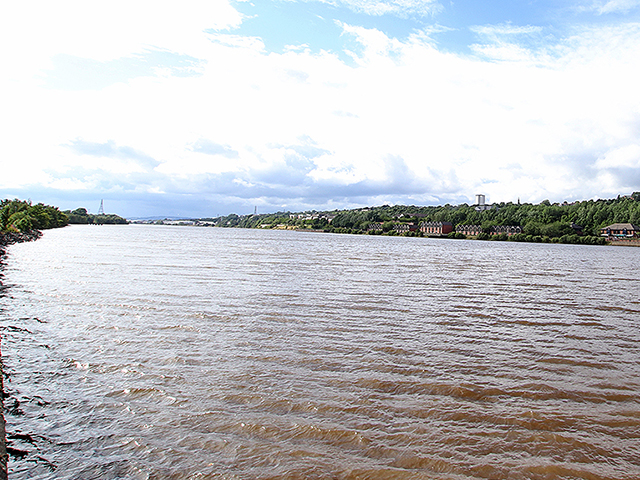“During 2022, news headlines exposed a large portion of UK water companies, that were out pouring pollution
into our rivers and the sea, regularly during high rainfall periods. The quality of our seawater has a direct impact on the huge variety of marine life that lives in the sea”.
Kittiwakes relaxing on the River Tyne by Paul Buskin

As our climate continues to change the chances of further pollution being deposited into our rivers and seas, may rise as episodes of high rainfall could occur more frequently and aggressively, which could potentially become even more damaging.
By supporting larger wildlife organisations such as the » RSPB or your local » Wildlife Trust, you can help their voice become stronger; so they can then campaign for REAL change. Campaigns are currently on-going and national and local news headlines are showcasing widespread coverage at this time. Your own voice makes a difference and your support will be very much appreciated.
You can also watch out and report any observations where you feel a pollution incident may be unfolding to the
» Environmental Agency. During 2022 such an event was discovered to be present to the east of Newburn Riverside Country Park along the River Tyne. This was reported to the local business and relevant authorities etc. and measures were actioned to avoid a repeat incident. If you are able to share photos or video content this helps any stakeholders, that would be involved in any initial assessment, such as the actual location, so they can they investigate the issue further.
River Tyne – Gateshead Staiths & Newcastle Business Park by Paul Buskin

Water companies are allowed to discharge untreated sewage into rivers, lakes and seas only at times of exceptional rainfall and only then if they are already treating a specified volume of sewage, known as “flow to full treatment” (FtFT).
The legacy from what was once the capital of ship building in the WHOLE world; has left substantial areas of riverside habitats along the River Tyne contaminated. A variety of projects surfaced over a decade ago to help clean up some areas, however any monies quickly vanished as the international economy started to struggle.
» Riverside Park in Walker is one such site, which could benefit enormously from what was originally promised to help restore and » Rewild.
“What about the Tyne Kittiwakes?
If our CLIMATE continues to CHANGE then the Tyne Kittiwake inland breeding colonies will become even MORE important to help MAINTAIN and SUSTAIN future populations. Conditions along the Tyne are more favourable than coastal populations, that are more vulnerable to bad weather. The Tyne Kittiwakes will still need to travel to the coast to feed however, and at times Tyne Kittiwakes fly as far as the » Farne Islands So, the quality of seawater and availability of Sand eel’s remains VERY important.
Volunteer groups like » Kittiwakes upon the Tyne can help monitor, raise awareness and support the inland breeding colonies of Kittiwakes. Supporting much larger organisations however is also needed to raise the flag to campaign against pollution reaching the North Sea and to help ensure there remains sufficient stocks of sand eels and other marine life for seabirds like Kittiwakes to feed.






















